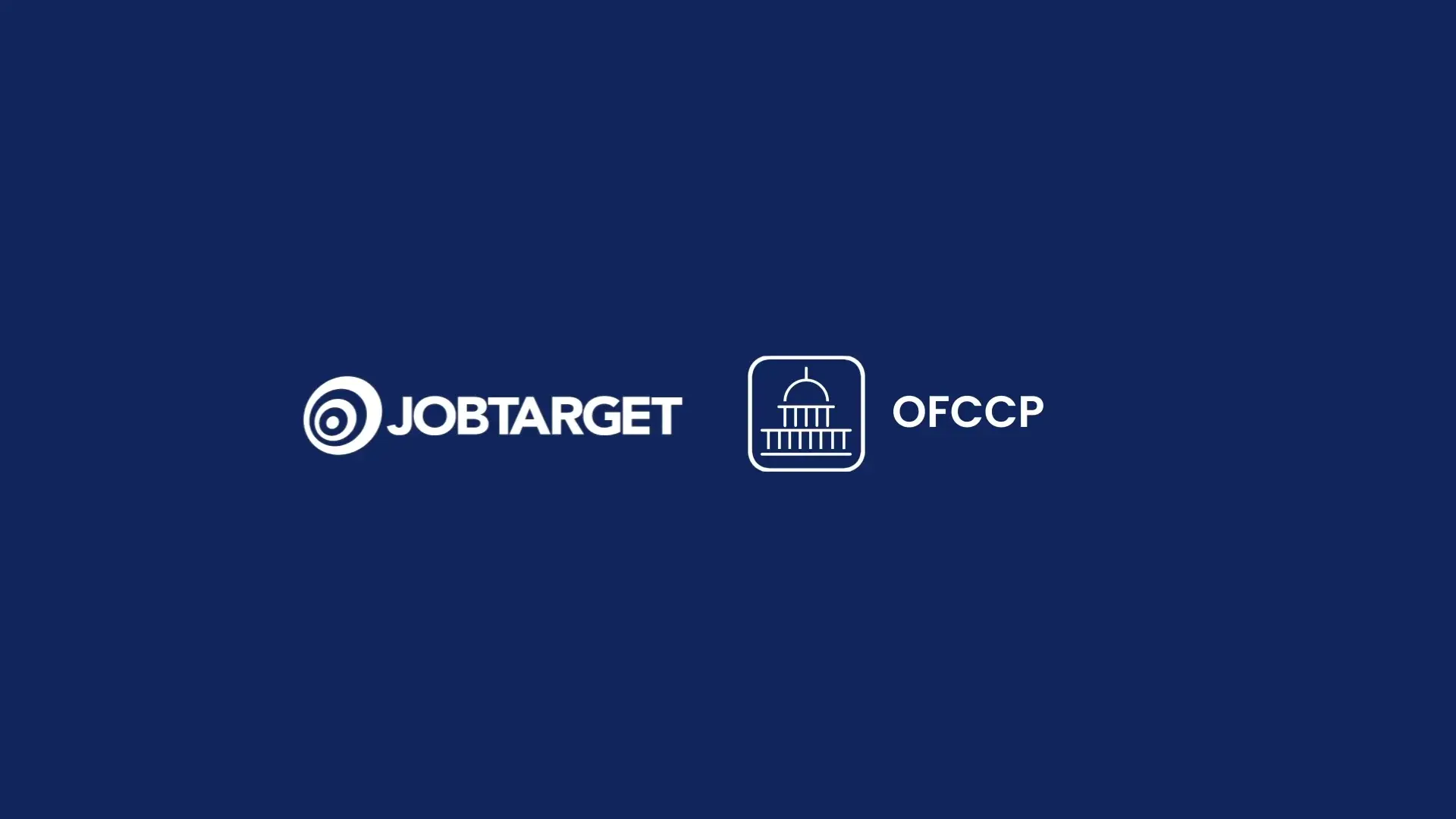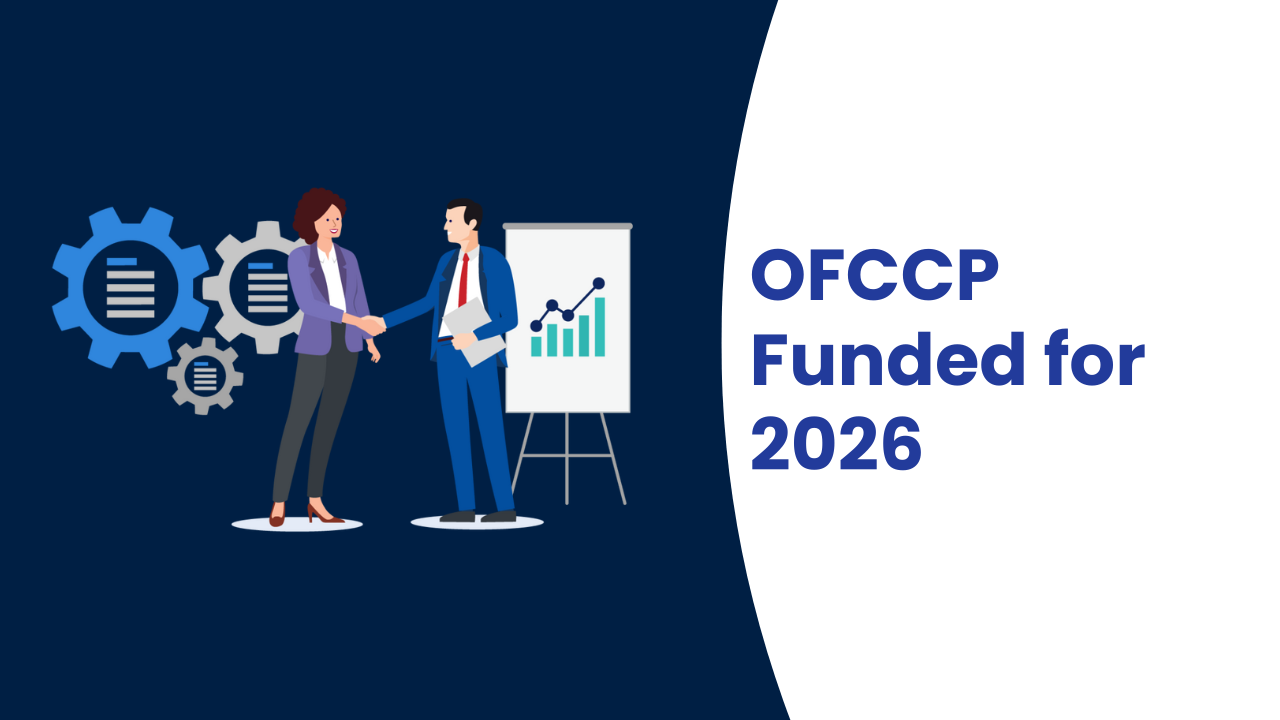On January 21, 2025, President Donald Trump issued Executive Order 14173 titled “Ending Illegal Discrimination and Restoring Merit-Based Opportunity,” dramatically reshaping the compliance landscape for federal contractors. This Executive Order officially revoked E.O. 11246, a foundational civil rights directive that had, since 1965, required federal contractors to take affirmative action to ensure equal employment opportunity regardless of race, color, religion, sex, sexual orientation, gender identity, or national origin.
With this sweeping change, federal contractors must now reassess their compliance frameworks and prepare for a regulatory environment where obligations under E.O. 11246 are no longer enforceable—while still maintaining responsibilities under Section 503 of the Rehabilitation Act for individuals with disabilities and the Vietnam Era Veterans’ Readjustment Assistance Act (VEVRAA) for protected veterans. This blog explores the implications of these changes, contextualizes the recent policy shifts, and outlines clear next steps for contractors.
Background: What E.O. 11246 Meant for Federal Contractors
Before its revocation, E.O. 11246 was administered by the Office of Federal Contract Compliance Programs (OFCCP) and required federal contractors to engage in affirmative action on the basis of race or gender and prohibit workplace discrimination. Compliance involved comprehensive recordkeeping, Affirmative Action Programs (AAPs), and regular audits. It was often closely integrated with other OFCCP-enforced regulations like Section 503 and VEVRAA.
The directive was both lauded for promoting diversity and criticized for introducing what some considered burdensome “workforce balancing” policies. It served as the backbone of federal affirmative action enforcement for over five decades.
What Changed: Executive Order 14173 and Its Immediate Impact
E.O. 14173 effectively terminates federal contractor obligations under E.O. 11246. In immediate response, Acting Secretary of Labor Vincent Micone issued Secretary’s Order 03-2025on January 24, 2025, directing the OFCCP to:
- Cease all investigative and enforcement activity related to E.O. 11246.
- Place all Section 503 and VEVRAA compliance activities in temporary abeyance to allow separation of enforcement systems previously integrated with E.O. 11246.
This regulatory “pause” was essential to avoid any unauthorized action, given how closely E.O. 11246 was operationally entwined with the other statutes.
Resumption of Section 503 and VEVRAA Enforcement
On July 2, 2025, newly appointed Secretary of Labor Lori Chavez-DeRemer issued Order 08-2025, lifting the temporary abeyance. This order allows the OFCCP to resume enforcement activities under:
- Section 503 of the Rehabilitation Act, which prohibits federal contractors from discriminating against individuals with disabilities and requires them to take affirmative steps to employ and advance them in employment.
- VEVRAA, which imposes similar obligations for protected veterans.
- OFCCP will immediately resume processing any Section 503 and VEVRAA complaints held during the abeyance and new Section 503 and VEVRAA complaints filed during the abeyance will begin processing as normal.
- Contractors must continue to comply with Section 503 and VEVRAA
While enforcement under E.O. 11246 remains halted, the renewed focus on Section 503 and VEVRAA means contractors must not confuse the rollback of one policy area with the elimination of all compliance obligations.
Administrative Closures and Moratoriums
Given the prior integration of E.O. 11246 into compliance audits, the OFCCP has also announced that:
- All pending compliance reviews (often involving all three program areas) will be administratively closed.
- No further action will be taken regarding the November 2024 scheduling list.
- Contractors will receive formal notices confirming these closures.
Additionally, OFCCP extended the Veterans Affairs Health Benefits Program (VAHBP) enforcement moratorium through May 7, 2027. This exemption means VAHBP providers are not subject to affirmative enforcement obligations under Section 503 and VEVRAA, but they remain subject to nondiscrimination rules and complaint-based investigations.
What This Means for Federal Contractors
Federal contractors should act now to ensure compliance with Section 503 and VEVRAA. While the scope of oversight under E.O. 11246 is now defunct, federal mandates under Section 503 and VEVRAA remain required and enforceable. Here’s what you need to do next:
Action Items for Federal Contractors
- Update Your Compliance Strategy:
- Discontinue internal compliance protocols tied solely to E.O. 11246.
- Carefully decouple existing EEO and affirmative action plans from revoked regulations while preserving obligations under Section 503 and VEVRAA.
- Reassess Your Affirmative Action Programs (AAPs):
- Although the AAP certification period is currently closed, maintain updated AAPs for Section 503 and VEVRAA internally.
- Ensure documentation remains audit-ready even if formal certification is not being accepted.
- Continue to Engage in Outreach Efforts:
- Outreach efforts to ensure equal employment opportunities for individuals with disabilities and protected veterans should continue.
- Train HR and Compliance Teams:
- Update staff on the rollback of E.O. 11246 obligations and the continued enforcement of disability and veteran-related compliance mandates.
- Conduct refresher training on reasonable accommodation processes, outreach requirements, and data collection under Section 503 and VEVRAA.
- Monitor OFCCP Guidance and Communications:
- Stay alert for further regulatory updates as the OFCCP adapts its structure and systems.
- Look out for announcements regarding reopening of AAP certification and revised compliance review procedures.
- Communicate Internally and Externally:
- Prepare internal talking points or FAQs to clarify what these changes mean for employees and leadership.
- Update external-facing compliance disclosures (e.g., career pages, equal opportunity statements) to reflect the revised regulatory landscape.
A Moment of Transition, Not Retreat
While the revocation of E.O. 11246 marks a monumental shift in the federal contractor compliance space, it is far from the end of accountability. The OFCCP remains active and empowered in enforcing employment rights for individuals with disabilities and protected veterans.
Federal contractors would be wise to view this moment not as a retreat from compliance, but as a restructuring of it. With new rules come new risks—and new opportunities to build workplaces rooted in lawful practices and inclusive values.




